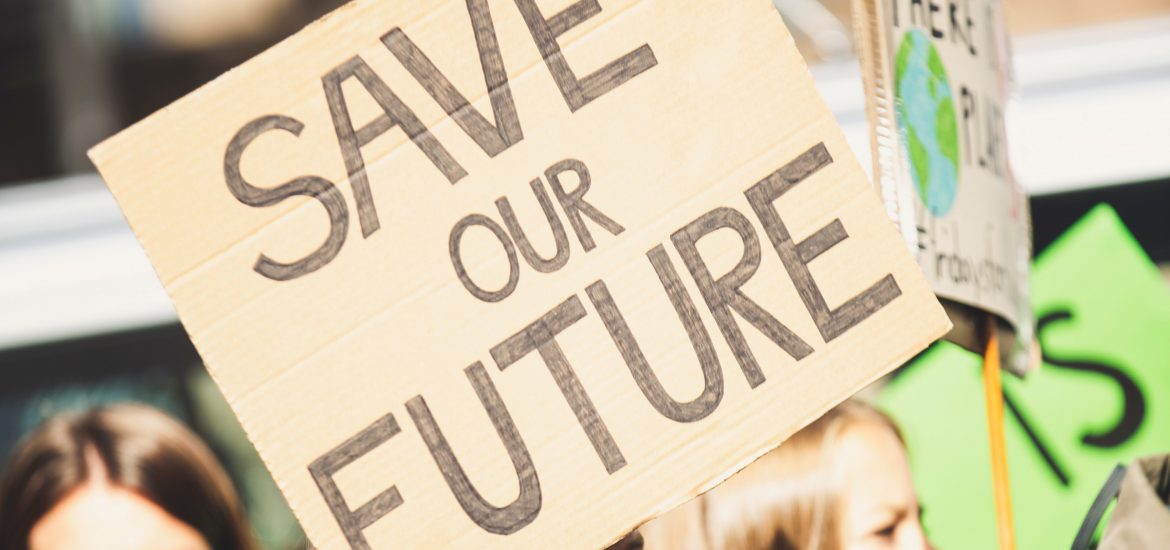I spent several years working in political strategy, and there are statistics showing that baby boomers vote in greatest numbers and the younger people are, the less likely they are to vote.
What that means is that older people get more attention from political parties, because the older generation is more likely to be the voting group that shows up in greatest numbers on Election Day.
Business owners also tend to be considered a highly influential group of voters.
Business owners are a relatively small group, but corporate tax and business taxes are a massive source of revenue for governments, and business owners generally are more likely to contribute monetarily to political campaigns (more on money in politics in another post).
In other words, if you are a young, non-business-owning citizen, you are not very high on the priority list of any political strategist.
That is not to say that political parties do not pay lip service to other generations; “capturing the youth vote” is a common strategy in any campaign.
So political strategists come up with all sorts of clever ideas to win over young voters: social media campaigns, social activities, high school visits, college rallies, and the list goes on.
But apparently, the one step political strategists remain uneasy about taking is actually changing their policy to better fit the largest working-age generation.
Pre-middle-age, non-business-owning citizens are concerned about the environment and climate change; we are concerned about equal rights, a fair and sustainable economy, accessible healthcare, and international cooperation, to name a few.
Rather than prioritize these issues, most politicians and people in power prefer business as usual and continue to promote the issues that they have been pounding for decades.
“Business as usual” is the reason why we’ve got into this mess, and it sure isn’t going to get us back out of it.
Why are so many millennials disenchanted by politics?
Because no one is standing up for our values.
And if you want us to inherit this mess, then let us start to fix it before it’s beyond repair.
In my next post, I will explore how “follow the rules” is the worst advice for young people.

